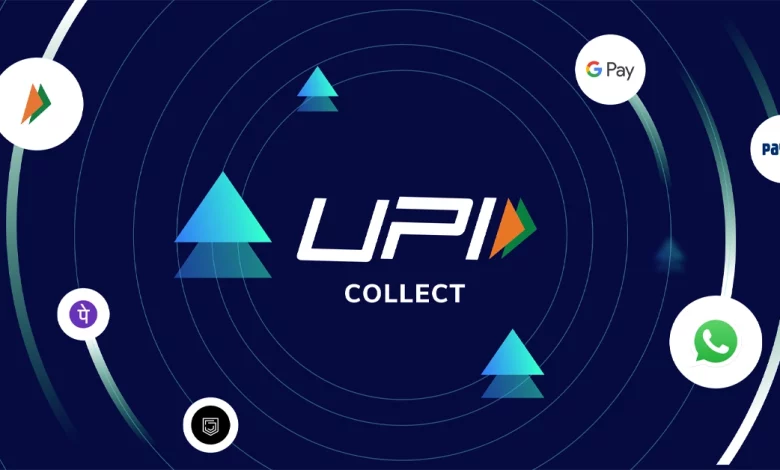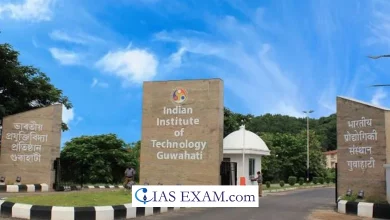Daily Current Affairs for UPSC
Rising Instances of Online Payment Frauds
Syllabus- Security [GS Paper-3]

Context- To curb growing online payment fraud, the government plans to introduce a minimum time limit for transactions exceeding a certain amount that occur for the first time between two people.
Different Types of Digital Payments
- NEFT (National Electronic Fund Transfer):
- It is an electronic payment system used to transfer money from one bank account to another.
- It works on deferred net settlement, which means transactions are processed in batches throughout the day.
- RTGS (Real-Time Gross Settlement):
- This is a payment system that enables real-time processing of large transactions.
- IMPS (Instant Payment Service):
- This is an instant payment system that allows customers to transfer money in real time, 24/7.
- Unified Payments Interface (UPI):
- UPI is an instant payment system developed in India by the National Payments Corporation of India (NPCI).
- The user interface facilitates peer-to-peer and peer-to-peer transactions between banks.
- It is used to instantly transfer money between two bank accounts on mobile devices.
- The number of UPI transactions increased by 427% between 2020 and 2022.
- In May 2023, NPCI recorded a total of 9.41 billion UPI transactions worth 14.89 trillion rupees.
Online payment fraud is on the rise:
- According to the RBI’s 23rd financial annual report, the value and volume of digital frauds perpetrated using cards and online payment methods almost doubled (to 6,659 digital frauds valued at 276 billion) during the previous financial period.
- The issue came up for official discussion following a recent incident involving public sector lender UCO Bank, which notified the bank’s account holders of a credit facility of Rs 820 crore through IMPS.
- The case has now been handed over to the Central Bureau of Investigation (CBI).
Government plans to curb online payment fraud
- The plan is likely to include 4 hours for the first transaction (for users with whom they have never transacted before) between two users for digital payments above Rs 2,000.
- It is like NEFT where the transaction takes place within few hours.
- After making a payment for the first time, users have four hours to cancel or change a payment made to someone.
- While the process is expected to add friction to digital payments, cybersecurity concerns should be mitigated.
- The plan is not simply to delay or limit the first transaction (which is already happening in some shape or form), but to regulate every first transaction between two users, regardless of their independent past transaction history.
Source: Indian Express





.png)



